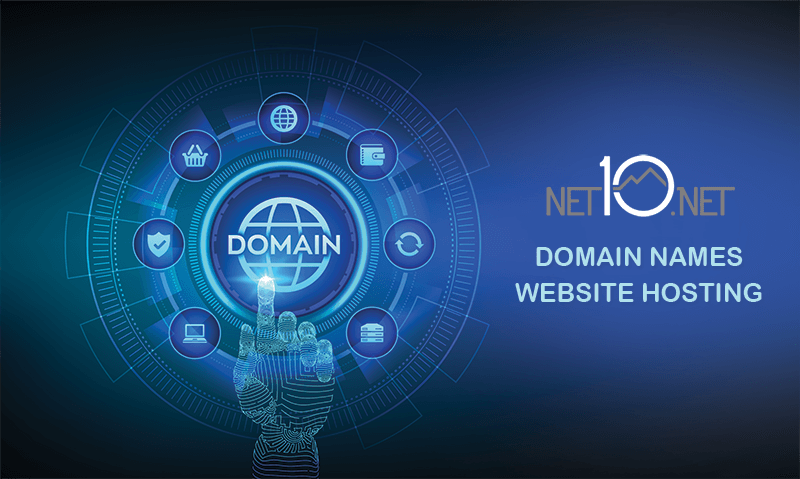
Understanding the Difference Between Domain Names and Website Hosting
In the vast realm of the internet, where websites and online businesses thrive, understanding the fundamental elements that make your online presence possible is crucial. Domain names and website hosting are two of the most essential components in this digital landscape. Let’s delve into these two crucial aspects and unravel the mysteries behind them.
What is a Domain Name?
Imagine the internet as a massive city with countless buildings representing websites. Now, think of domain names as the addresses that help people find those buildings. A domain name is the web address, also known as a URL (Uniform Resource Locator), that users enter into their browsers to access a website.
Domain Name Registration
To acquire a domain name, you must go through a Domain Name Registrar. These registrars are like the real estate agents of the digital world, facilitating the purchase and renewal of domain names. Users can select a domain name that reflects their brand, business, or personal identity as long as it’s available for registration. They can also renew their domain name with their registrar.
Website Hosting
Now that we have an address (domain name), it’s time to discuss where you’ll put your website’s content, images, videos, and databases. This is where website hosting comes into play. Website hosting refers to the physical space where all your website’s data is stored, allowing it to be accessible to users worldwide.
Website Hosting Services
Website hosting services are provided by Internet Service Providers (ISPs) or specialized hosting companies such as Net10.net. These providers offer various hosting plans, each catering to different needs, such as shared hosting, dedicated hosting, or cloud hosting. The choice depends on your website’s size, traffic, and technical requirements.
The Confusion
The confusion often arises because some Domain Name Registrars also offer website and email hosting services. Conversely, some ISPs that provide website and email hosting also offer domain name registration, renewals, and domain transfer services. This overlap can make it challenging to distinguish between the two.
Key Takeaways
Ownership Tracking: To ensure that your online services do not expire unintentionally, it’s essential to keep track of where you purchased each of these services. While having your domain name and hosting from the same provider is not mandatory, it can simplify management.
Flexibility: You can choose different providers for domain registration and website hosting. This can be advantageous, as it allows you to shop around for the best prices and features.
Consider Your Needs: When selecting a domain name and hosting provider, consider your specific requirements. A shared hosting plan might suffice if you need hosting for a small personal blog. However, for a high-traffic e-commerce site, a dedicated or cloud hosting solution might be more suitable.
While they are distinct entities, domain name registration and website hosting work in tandem to make your website accessible to the world. Keep track of where you’ve purchased these services and choose reliable providers that align with higher needs and won’t take advantage of renewal pricing by offering low introductory pricing and then charging higher fees later, which we will not do. Contact Net10, and we will help you navigate the digital landscape with confidence.
So, whether you’re a business owner, blogger, or aspiring webmaster, remember that your domain name is your digital address, and website hosting is the place where your online home resides. Together, they form the foundation of your internet presence.
 At Net10 Internet Services, we like to help our customers understand web technology. We have many blogs with in-depth topics, and we add more all the time. We sincerely hope this blog post about the difference between a domain name and website hosting helps everyone looking to establish an online presence understand that these two services are crucial to their online business.
At Net10 Internet Services, we like to help our customers understand web technology. We have many blogs with in-depth topics, and we add more all the time. We sincerely hope this blog post about the difference between a domain name and website hosting helps everyone looking to establish an online presence understand that these two services are crucial to their online business.
If you are looking for a reliable one-stop shop for Domain Name Registration and website hosting services, consider checking out Net10.net. With our user-friendly platform and wide hosting options, you can take the first step toward building your online empire. Remember, the key to online success is understanding these essential components and choosing the right Internet Service Provider (ISP) to support your goals.
Looking for more information? Take a look at our related blogs, such as Domain Name Registration and Transfers, Website Hosting, Business Application Hosting, Email Hosting, and many other Net10 Internet Services. Contact us if you have any questions. We are always glad to help!




